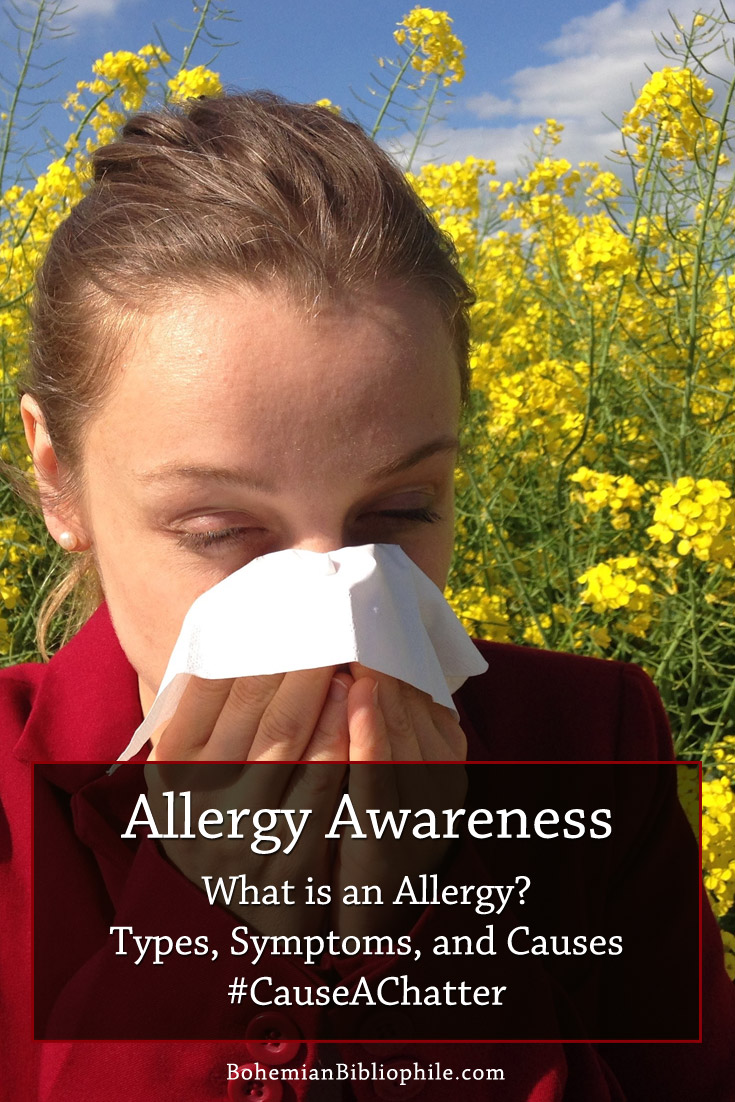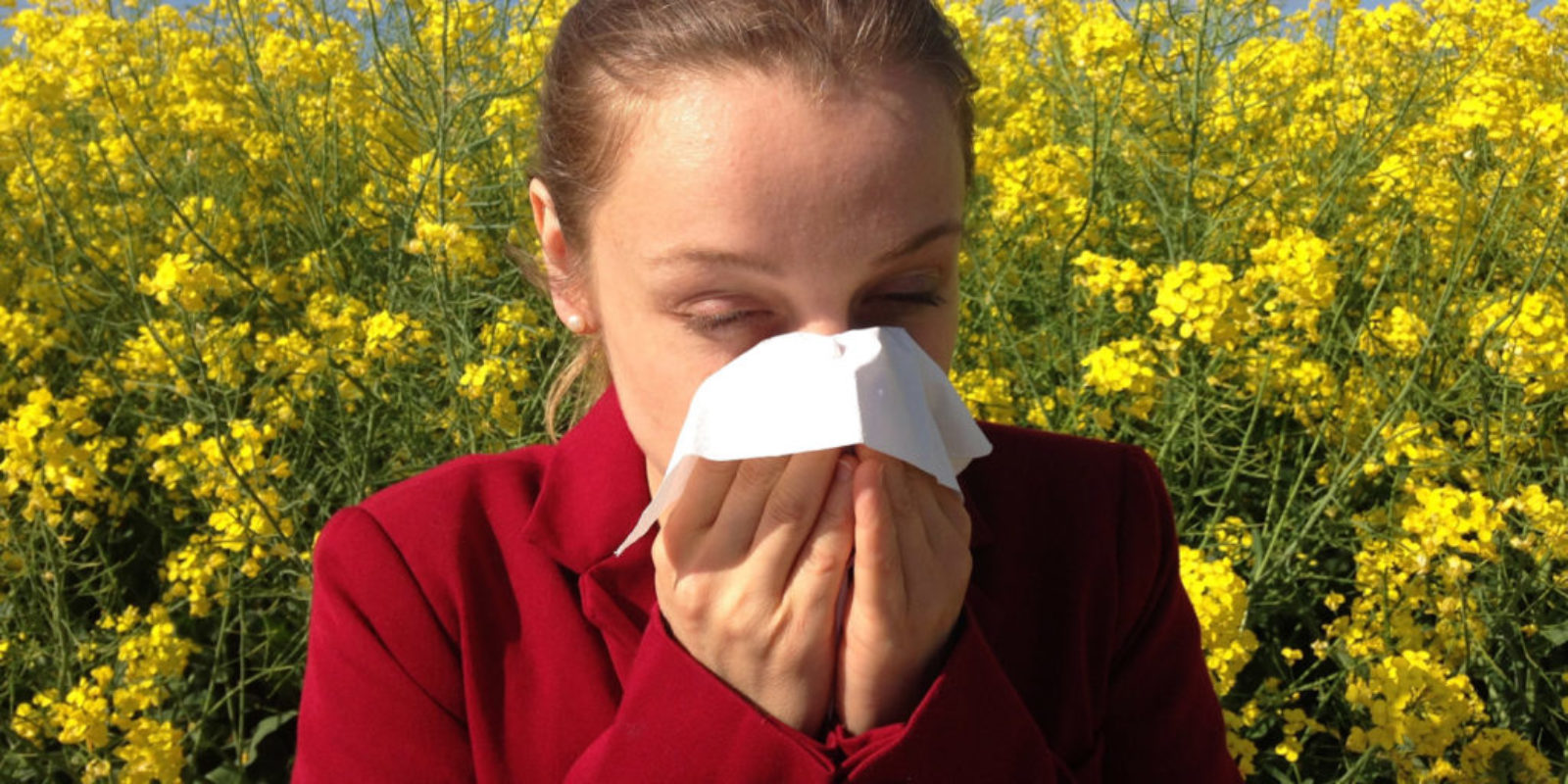There is a lot of misinformation about allergies in India. And barely any awareness. This is more due to the fact that the term allergy is synonymous with intense dislike. Before we discuss how to cope with allergies, let us begin with the basics.
What is an allergy?
Allergy is a hypersensitive response by the immune system to substances that would otherwise be harmless. These substances are known as allergens. The immune system produces histamine to fight these ‘foreign’ substances. It is a chemical that causes allergy symptoms, such as inflammation, sneezing, and coughing.
No allergy is too mild or too severe. And not all allergies can be cured. In most cases, the sensitivity to the allergen can be significantly reduced. Children sometimes outgrow food allergies. But a seemingly cured allergy can also return. Let us work together to start a conversation around allergies.
For some people, allergies and asthma are can be linked since the triggers are often similar. But there is a basic difference. An allergy is when the immune system reacts to an apparent threat. Asthma is a chronic lung disease that can be associated with an allergic or a non-allergic reaction.
What is an Allergy? Types, Symptoms, and Causes #CauseAChatter #BohoPonderings Share on X
Types of Allergies
There are various types of allergies that can be broadly categorized based on allergens and symptoms. Some of the common types of allergies are
- Food Allergy
- Drug Allergy
- Insect Allergy
- Pollen Allergy
- Skin Allergy
Symptoms and Causes
Allergy symptoms depend on the type of allergen. They range from mild to severe. In some cases, they might be life-threatening. I list below the symptoms (not limited to) and causes/triggers of the different types of allergies.
Food allergy
Food allergy is a common type of allergy in the US and UK. In India, people are finally becoming more aware of it. As someone who is living with food allergies, the symptoms I have listed also include those I have experienced myself.
Food allergy triggers are particularly peanuts, tree nuts, milk, wheat, soy, fish, shellfish, and eggs. In some cases, vegetables such as brinjals and tomatoes also act as triggers.
The symptoms include:
- Tingling in the mouth
- Swelling of lips, tongue, face, throat, or eyes
- Blisters
- Shortness of breath
- Hives
- Anaphylaxis
Drug allergy
Drug allergy is a fairly common type of allergy. Certain medications are triggers particularly penicillin, penicillin-based antibiotics, sulpha, and, vitamin B12. In rare cases, local anesthesia also acts as a trigger (I am allergic to local anesthesia).
Drug allergy should not be confused with side-effects. Allopathic drugs include chemicals that have mild to severe side effects. Some also counter-interact with other medications as well.
The symptoms include
- Itchy skin
- Rashes
- Hives
- Swelling
- Abdominal pain
- Nausea or Vomiting
- Wheezing
- Anaphylaxis
Insect Allergy
In most cases, an insect bite or a sting causes itching or redness. Insect sting allergy can be life-threatening. The most common triggers are a bee or wasp bite. In rare cases, a mosquito or a tick bite. Cockroaches and dust mites are the most common causes of asthma.
The symptoms include:
- Swelling over the sting site
- Itching
- Hives
- Cough
- Wheezing
- Shortness of breath
- Anaphylaxis
Pollen Allergy
Pollen is the most common trigger of seasonal allergies (or hay fever). Most of these pollens come from trees, weeds, and grasses. Nasal sprays are the most commonly used treatment for pollen allergies. They include antihistamines that help counter the allergic reaction.
The symptoms include
- Sneezing
- Itchy skin
- Runny nose
- Red or watery eyes
- Swelling
Skin Allergy
A skin allergy and contact dermatitis is an allergic reaction caused when the skin comes in contact with the allergen. The most common causes of skin allergies include nickel, latex, plants like poison ivy, and chemicals. In some cases, wool and fragrances can also cause an allergic reaction.
The symptoms include
- Rash
- Blisters
- Hives
- Flaking or peeling
- Shortness of breath
Being aware of the type of allergies and their symptoms goes a long way in managing them. Follow the allergy awareness series as I discuss living with allergies, the difference between allergies and asthma, how to get tested, the myths surrounding it, and more.
Disclaimer: I am not a medical practitioner. The purpose of this series is to bring about awareness. Please consult an allergist/immunologist for queries and overall management of allergies.
Source: Mayoclinic.org and AAFA.org
As a part of Blogchatter’s Blogging with a Purpose campaign, I am using my voice to highlight something I care about.



March 4, 2020 @ 2:05 pm
Thanks for sharing this detailed information on allergies, sure to follow your allergy series in the coming months. Recently only when my elder kiddo learnt about allergy in school he was amused how can one be allergic to any simple silly thing and this post came as handy to explain to him about it.
My #causeachatter post – https://praguntatwa.com/are-you-conscious-of-the-things-you-use/
March 12, 2020 @ 5:17 pm
I am really glad you shared it with your son, Pragun. Thank you. We need more awareness about allergies. I am doing a piece about the myths surrounding allergies, and particularly food allergies. I am sure you would find it useful too.
How Do Allergies Develop? Understanding Allergy Attacks #CauseAChatter
April 29, 2020 @ 7:35 pm
[…] have discussed what is an allergy and the different types of allergies. And also the myths surrounding allergies. But how do […]
May 21, 2020 @ 10:36 am
The ultimate guide about allergy and their symptoms. Thank you for sharing it.
May 29, 2020 @ 4:02 pm
Glad you found it useful. We need more awareness about allergies.
August 25, 2020 @ 8:20 am
Thanks for warning me that some allergies can be considered as life-threatening, if not treated immediately. I observed that my daughter’s skin gets too red whenever she eats a dish with a seafood ingredient and your article made me realize that it’s time for us to consult an expert. Although she’s not experiencing anything else except for the skin rash, I want to understand her condition better and see what is the best treatment for it.